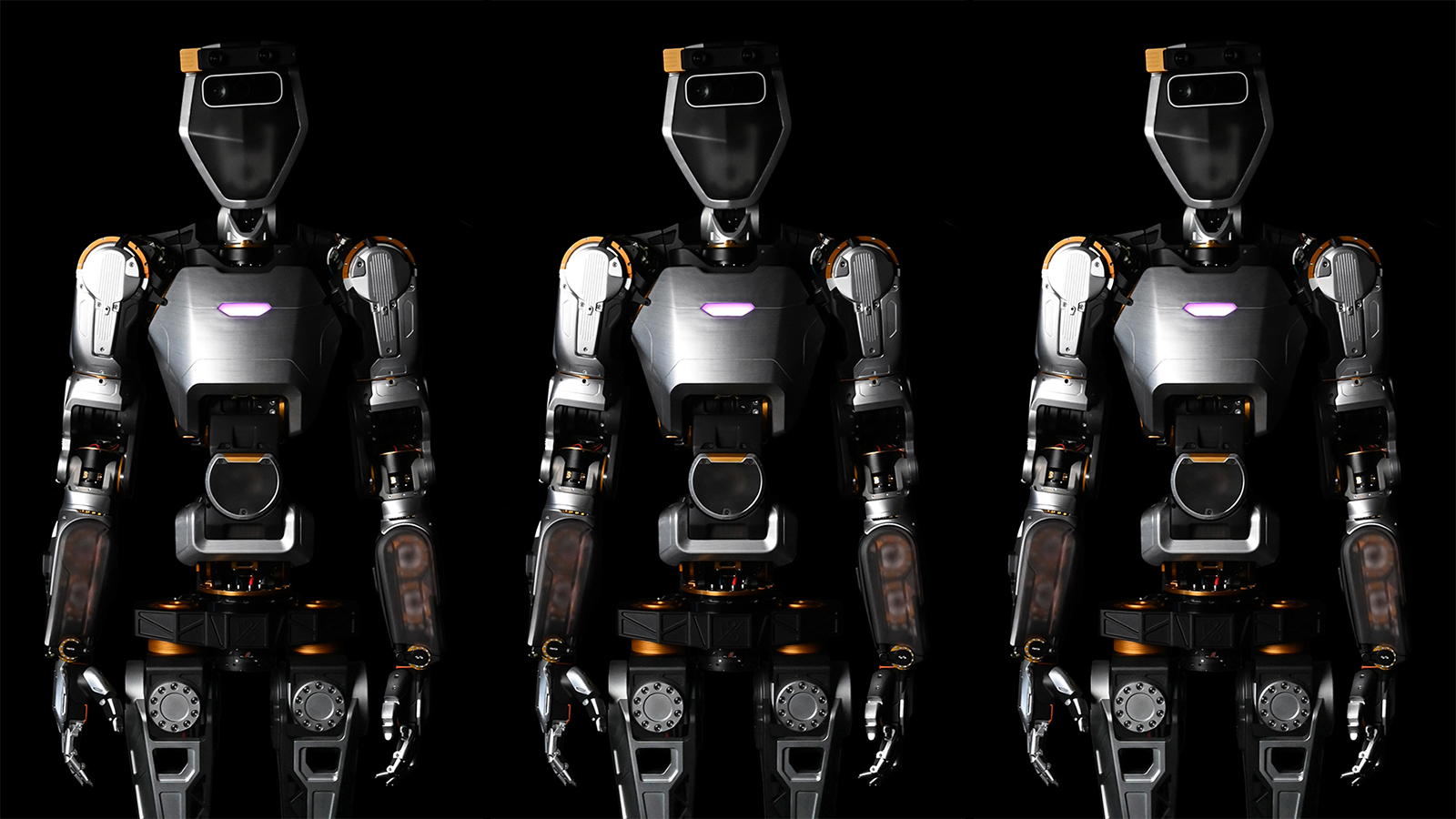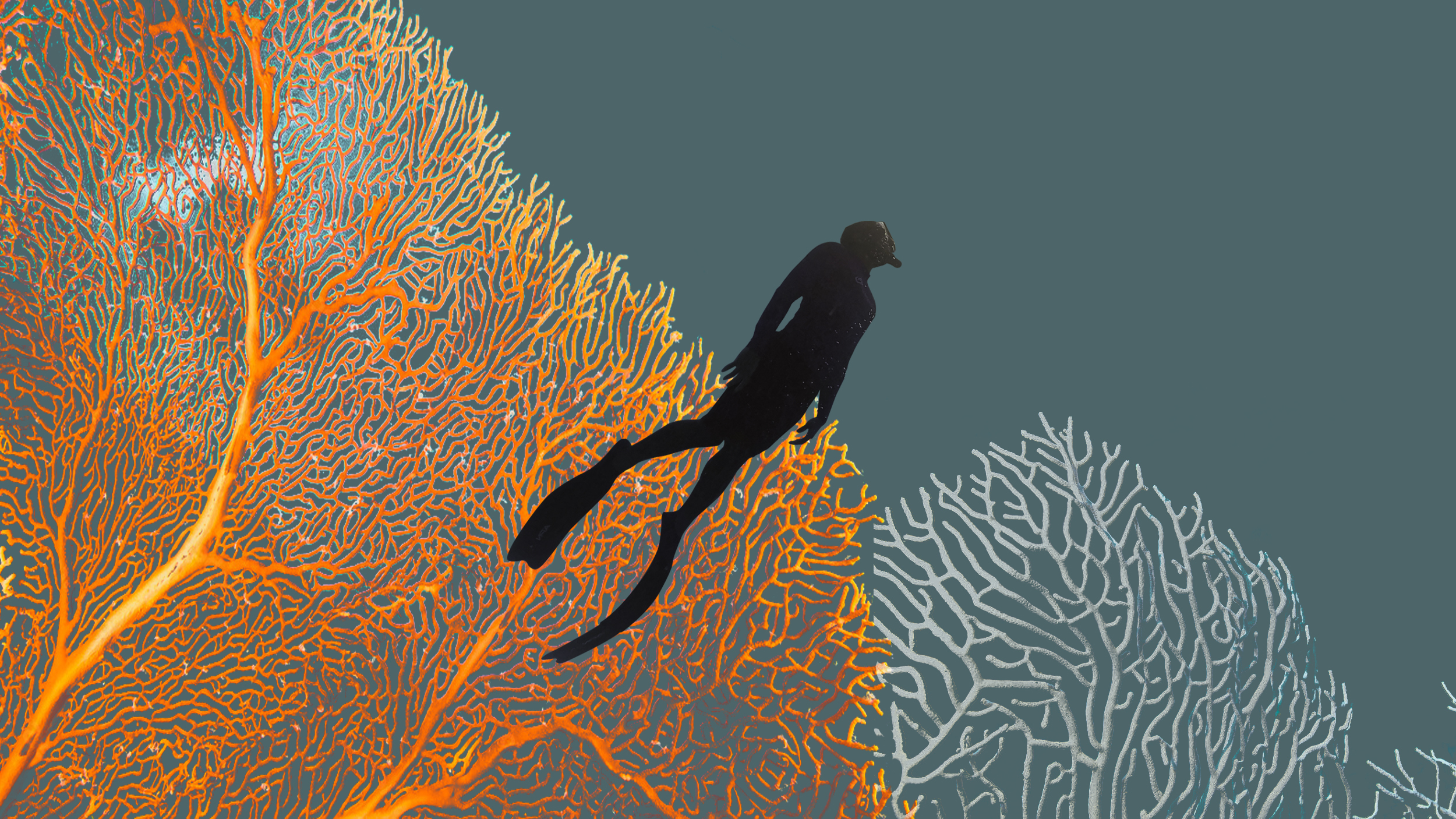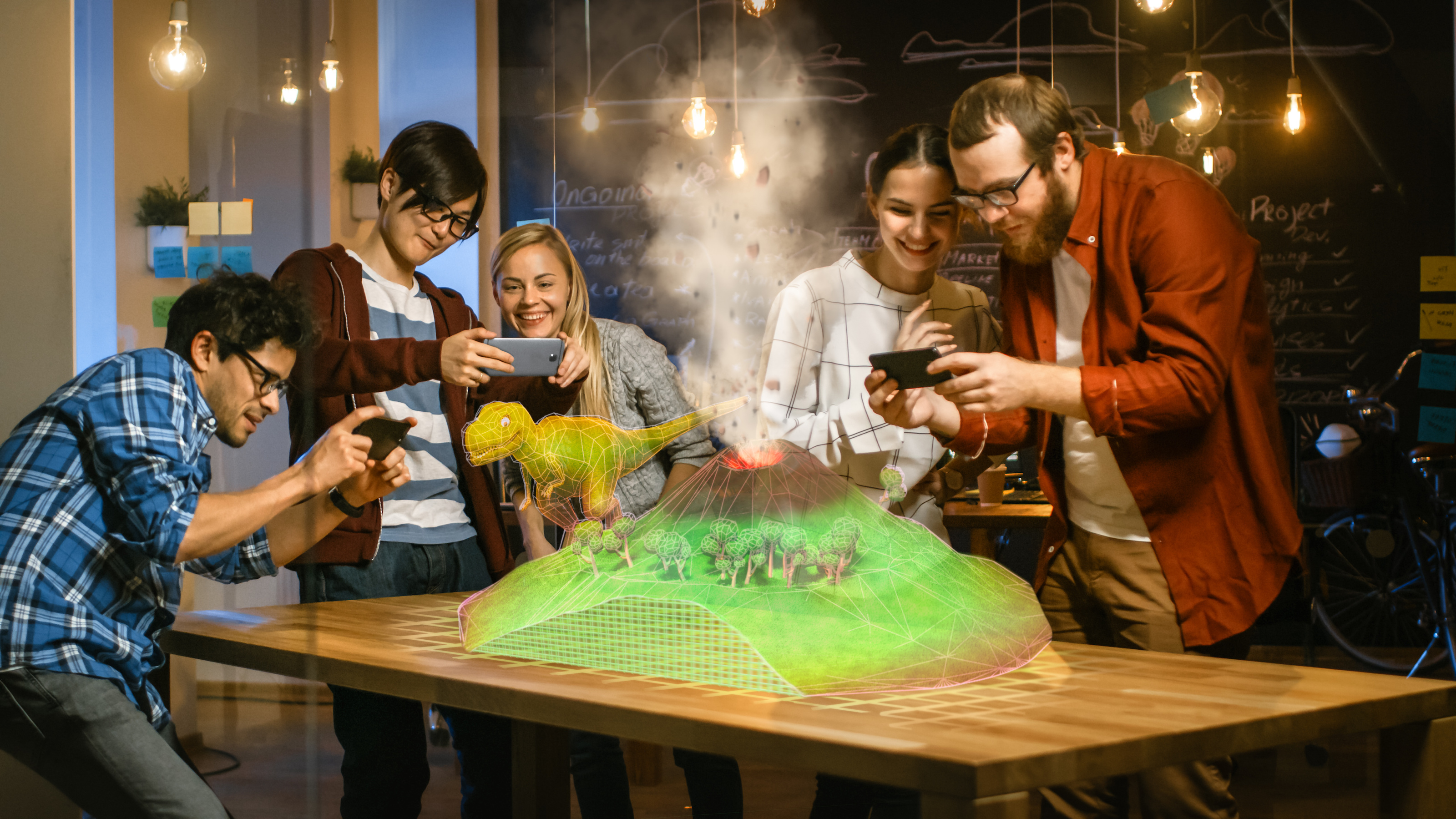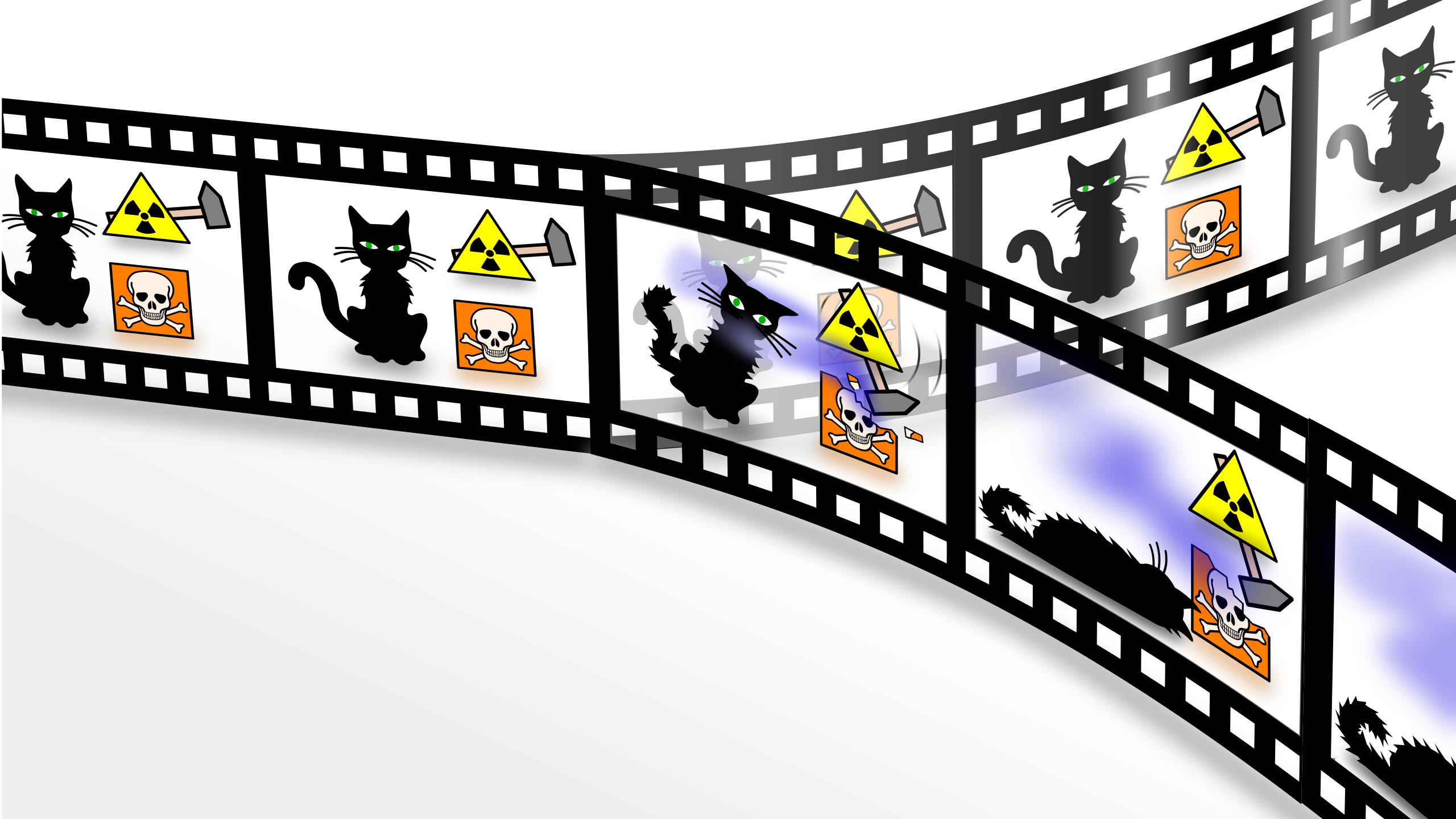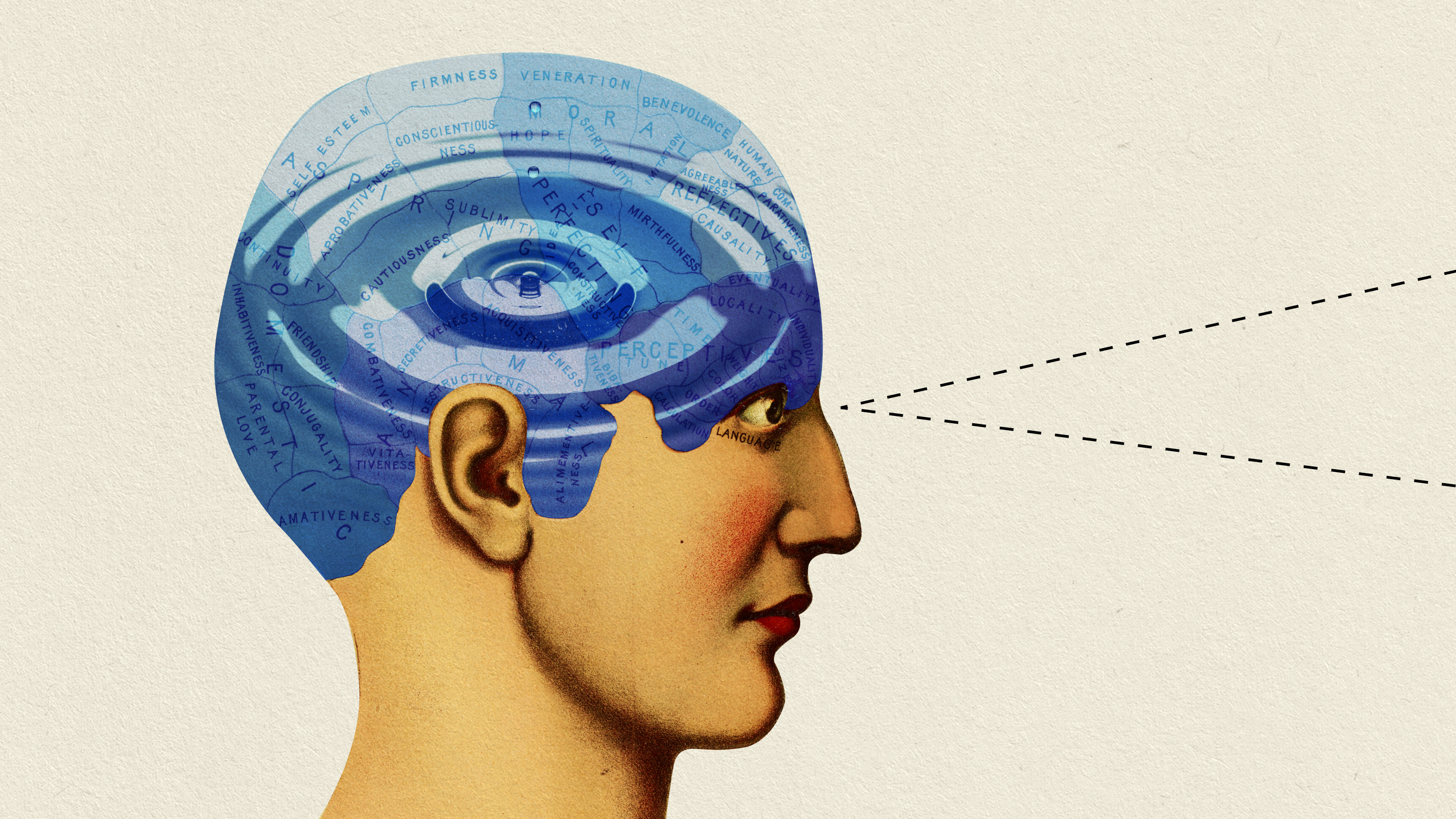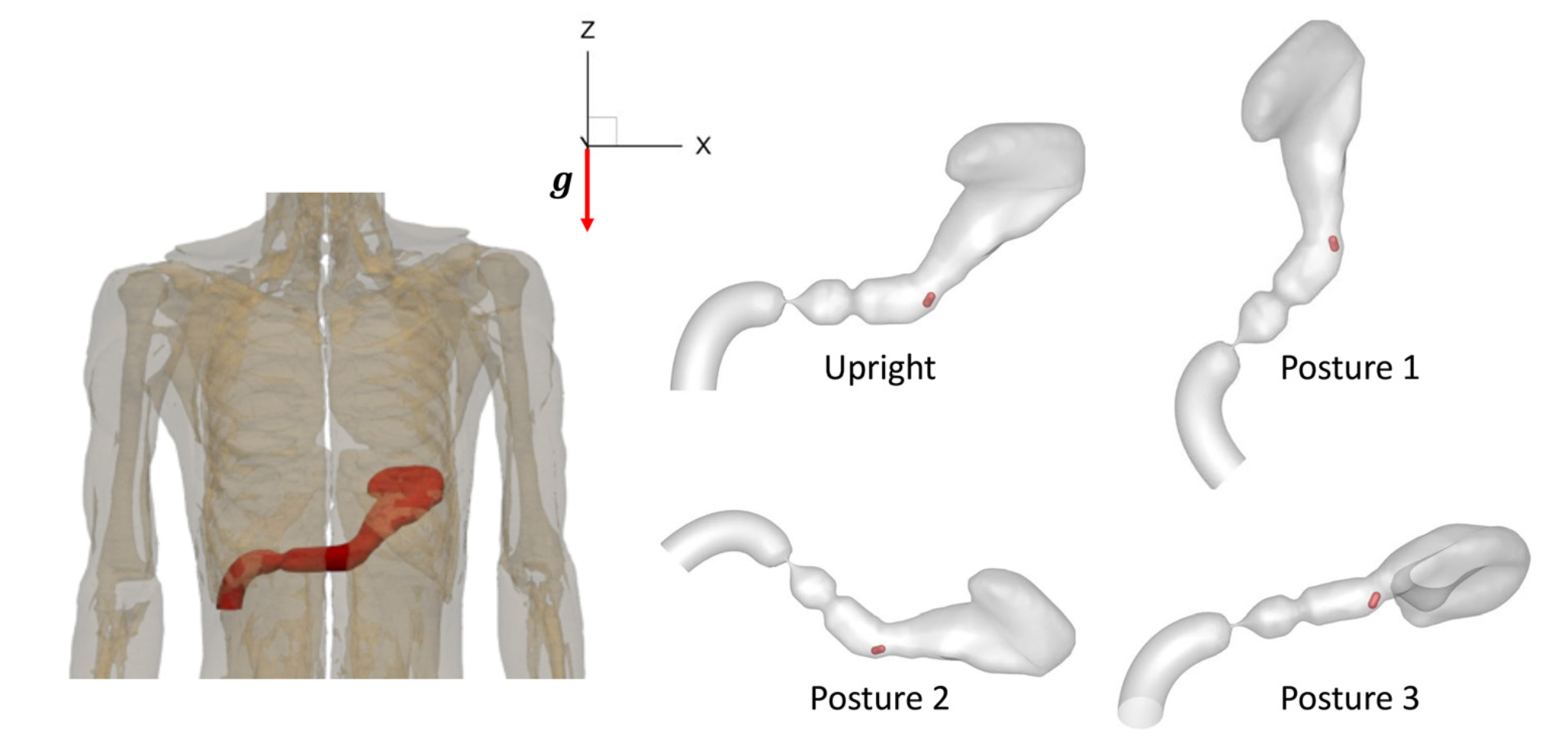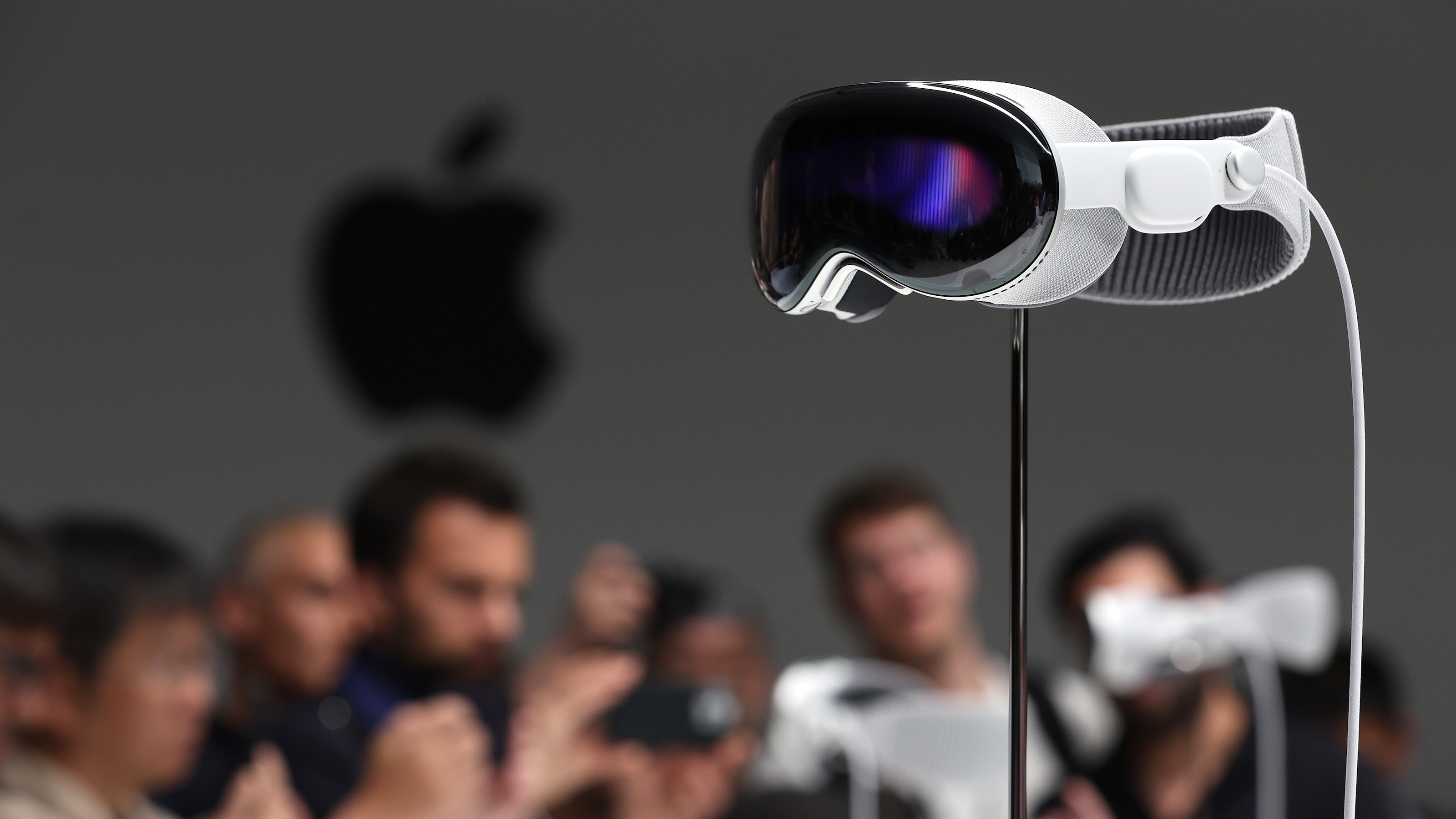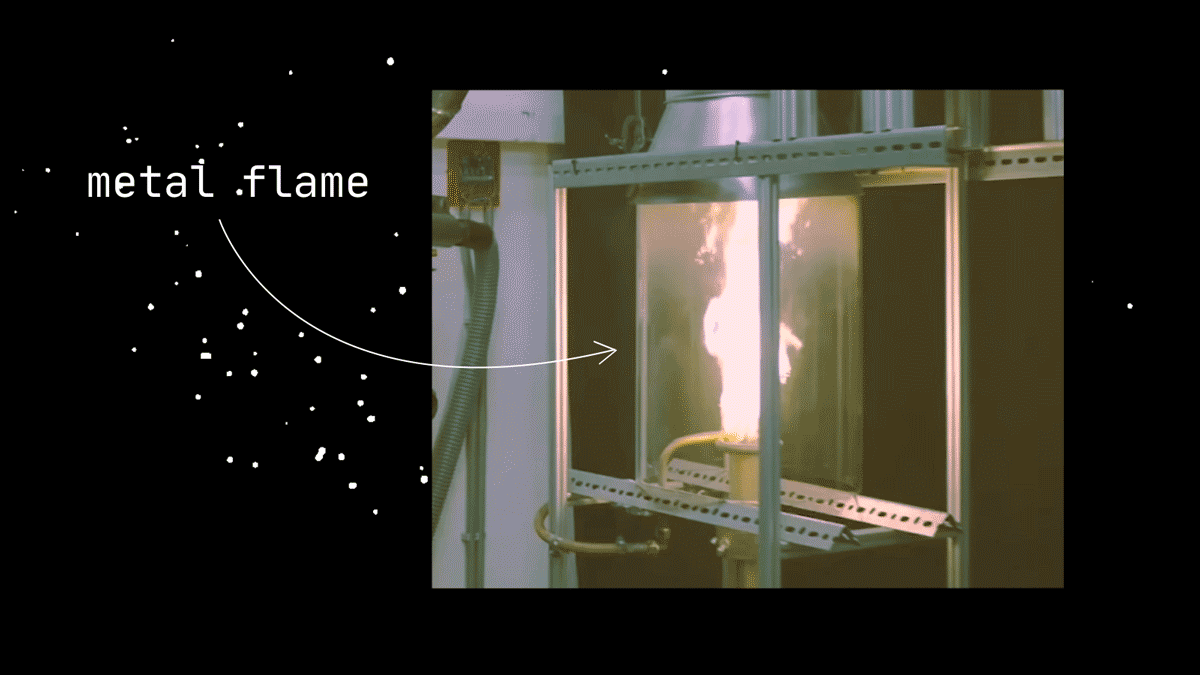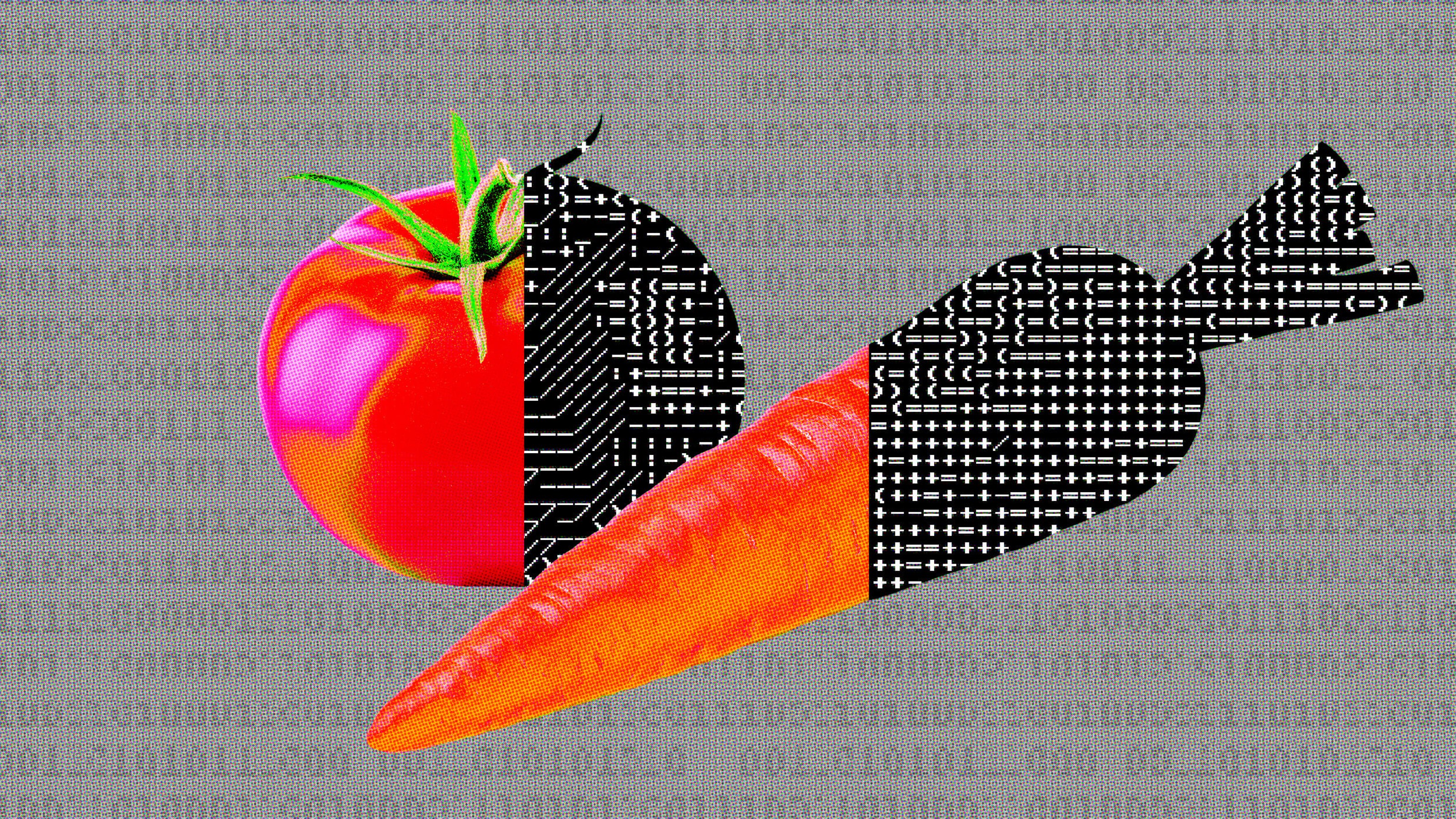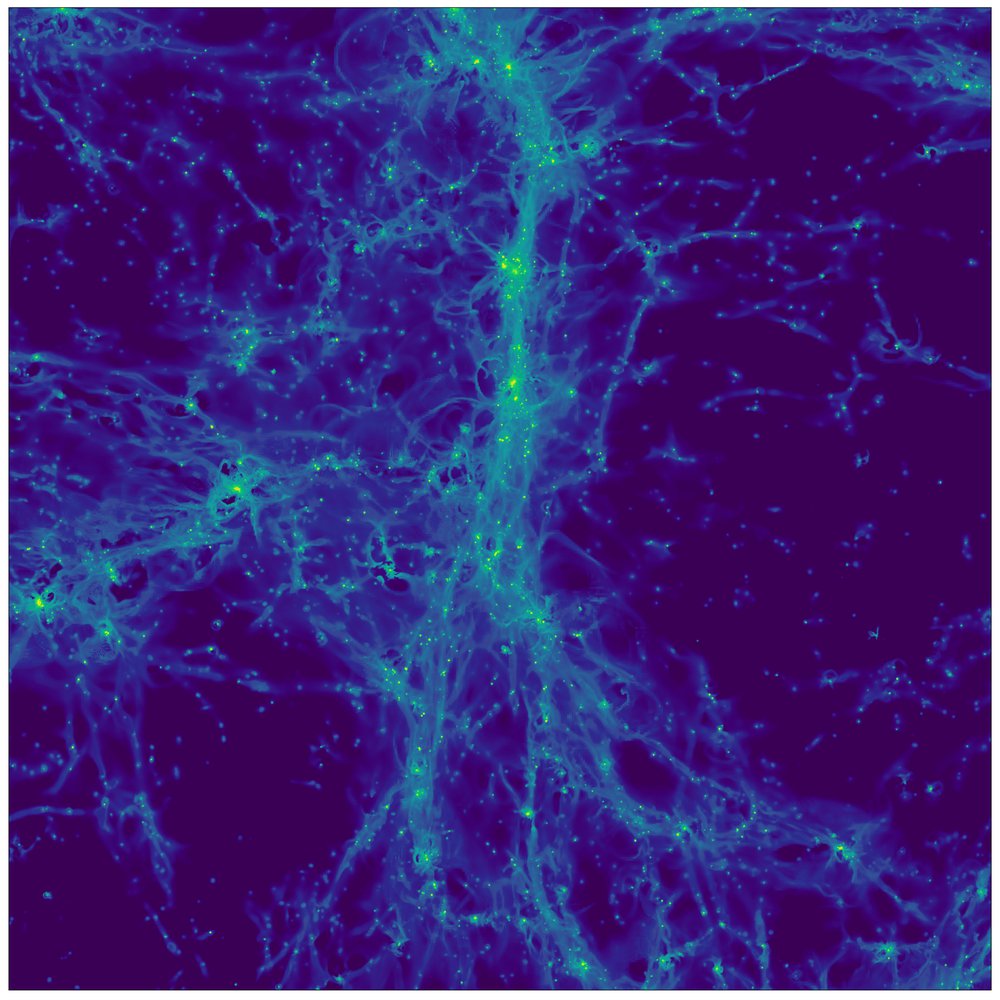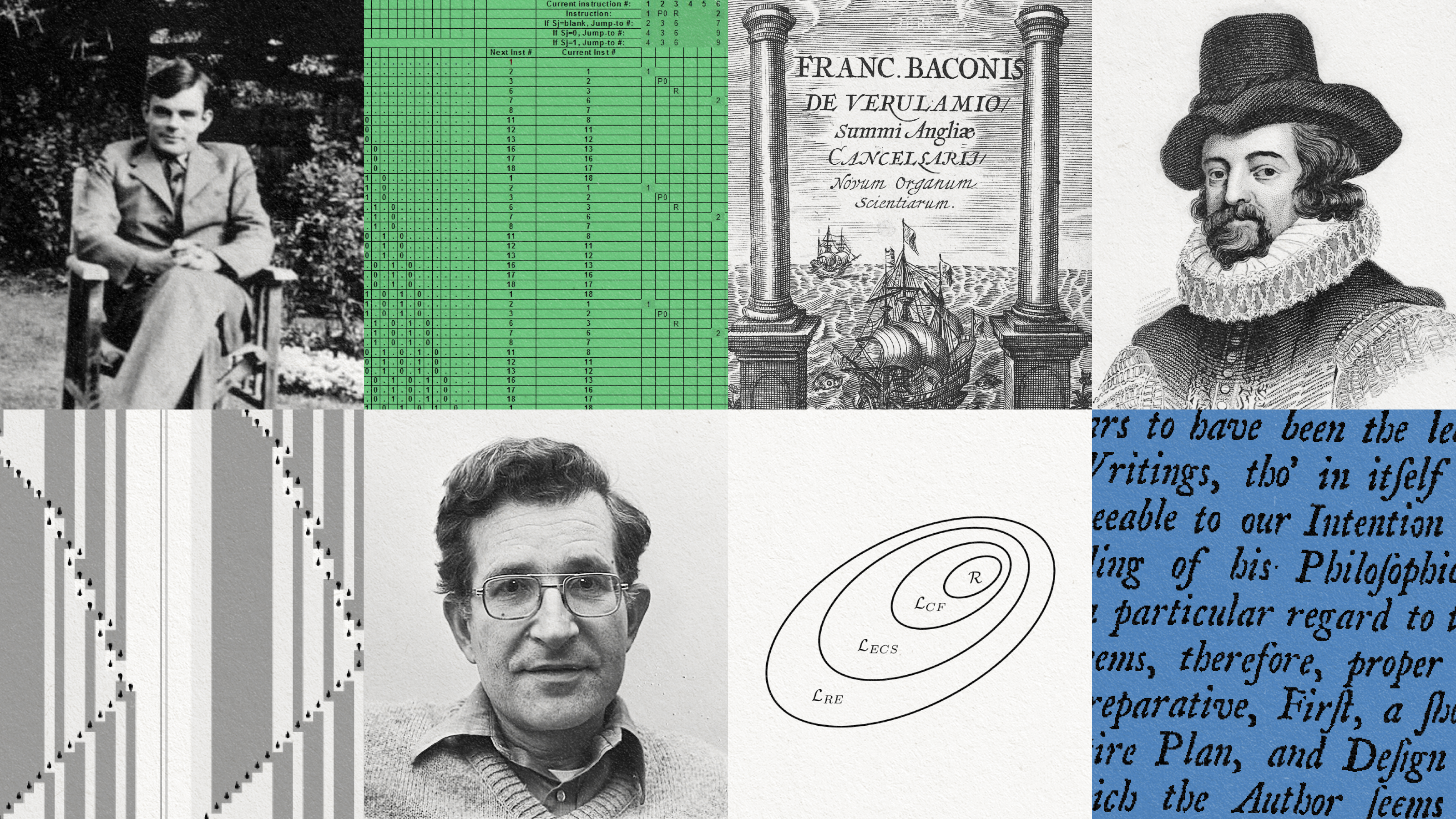By looking back at future dreams we can see our current hopes and visions in a whole new light.
Search Results
You searched for: simulation
“It is natural to want to avoid failure. But when we avoid failure, we also avoid discovery and accomplishment.”
Named “Phoenix,” this AI-powered humanoid could be your next coworker.
Immersive learning creates an interactive environment in which learners have the power to customize their experience.
2023 will see an “arms race” in mixed reality hardware and software. This truly will revolutionize our society.
American students are being compelled to specialize earlier and earlier. Here’s what it takes to build a successful physics foundation.
Twin Health lets patients with diabetes see what’s happening inside their own body and can model each patient’s unique metabolism.
Brain activity may be more like “ripples in a pond” rather than signals sent on a telecommunications network.
From “Thompson’s violinist” to the “Experience Machine,” these thought experiments will throw your mind for a loop.
Lost in a building or underwater? A new muon-based navigation system could be your guide.
If you want a medication to kick in faster, lean right.
A golden new era of business is within our reach — provided that we harness AI’s potential while mitigating the risks.
Artificial general intelligence will not arise in systems that only passively receive data. They need to be able to act back on the world.
One of Apple’s key innovations serves as a psychological breakthrough, as its technology eliminates the isolating feel of headset use.
Freethink asks three different kinds of experts to answer this question.
Known as orphaned planets, rogue planets, or planets without parent stars, these “outliers” might be the most common type of planet overall.
“We can build AI scientists that are better than we are… these systems can be superhuman,” says the FutureHouse co-founder.
While we’re busy wondering whether machines will ever become conscious, we rarely stop to ask: What happens to us?
Experiments on suborbital rockets are revealing how to make a better iron furnace.
Hang on to something — or ride the wave — because three big tech trends are about to converge.
Really simple interventions can greatly reduce indoor temperatures during the summer, particularly in places like the Pacific Northwest.
Symmetrical objects are less complex than non-symmetrical ones. Perhaps evolution acts as an algorithm with a bias toward simplicity.
The hallucinations that characterize schizophrenia may be due to a “reality threshold” that is lower than it should be.
A simple plate of vegetables has found the gaping blindspots in generative AI, and points the way to fixing them.
Our model of the Universe, dominated by dark matter and dark energy, explains almost everything we see. Almost. Here’s what remains.
Some biologists believe natural selection produces animals that are just good enough. Dawkins disagrees.
If a court needs to know if two trademarks look too similar to each other, perhaps the jury should be given a brain scan.
Our state of extreme social interconnectedness has rapidly accelerated the rollercoaster pace at which societal confidence may collapse.
From black holes to dark energy to chances for life in the Universe, our cosmic journey to understand it all is just getting started.
Philosophy is often seen as little more than armchair speculation. This is a shame, as philosophy often has helped science reach new heights.


